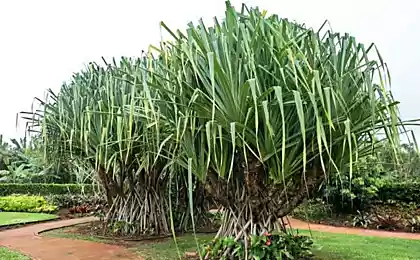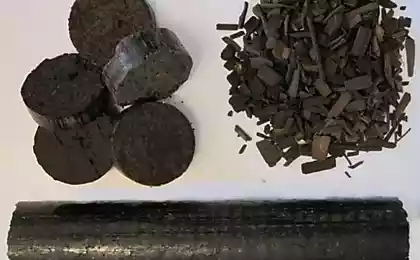444
Paulownia is a new trend in bioenergy and woodworking industry
In the energy sector today is an open question in search of new opportunities and technologies. One of these solutions are self-healing resources. And, despite the fact that the pace of development of bioenergy in our country are lagging behind the pace of neighboring States, the potential is very large.
On the world market, the alternative in the direction of the development of ecological and biological resources, have been proposed artificially derived clone of Paulownia Clone In Vitro 112® (Paulownia Clone in Vitro 112®).
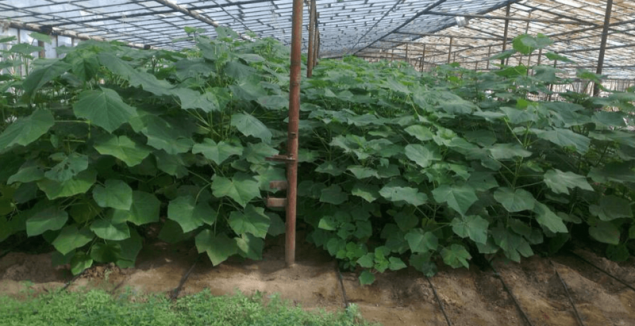
Paulownia is related to one of the types of plants best suited to increase production of timber and biomass. Spain in vitro was derived technical form of this plant. It is adapted to weather conditions of Europe, are resistant to local pests and diseases. From a natural look it is also different growth rates and characteristics of the wood.
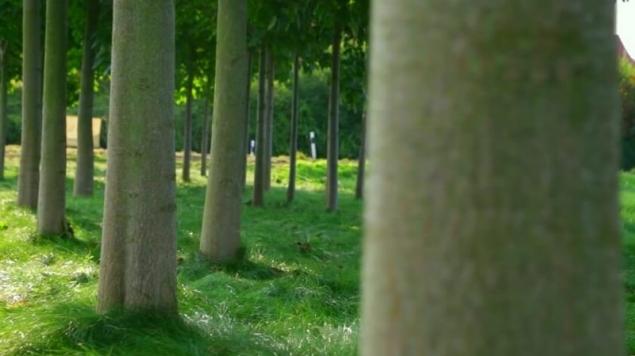
This clone has been patented and received all international certificates and permits. The plant was specially derived to create a resilient forest is an excellent timber and biofuels, and also due to the large foliage can absorb large quantities of CO2 and ozoniruet the surrounding space, allowing you to be indispensable for planting in parks and urban plantings along roads and highways. Plus, with each hectare may yield up to 700 kg of honey, and the leaves used as animal fodder.
Under optimum conditions of cultivation of this clone, the plant in 5 years can reach a height of 15-20 m and after cutting for the same period regenerates to its original size. This gives you the opportunity not to break the emerging decades of the eco-balance. On soils that are prone to erosion, Paulownia Clone In Vitro 112® can be used as the reducing agent. Thanks to a deep root system, it enriches the soil with nitrogen. Also, due to the lack of wood resin serves as a barrier in fire areas and in case of need – a shield against wind loads.
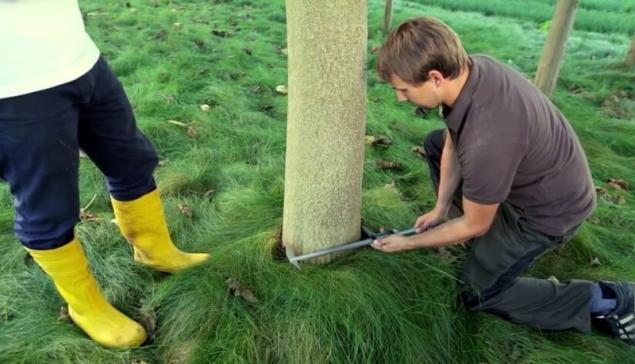
When growing Paulownia for timber obtained, thanks to its resistance and lightness, it is widely used in the furniture industry, in the manufacture of trailers, floor coverings. It is used as a building material for saunas, packaging, plating, musical instruments, fittings, boats and surfboards, paper and much more.
The wood of the Empress tree as easily be painting, varnishing and gluing resistant to humidity and fire. The construction can be used as Board, timber, plywood, Board, veneer, inner and outer insulation material. Ideal for generating heat energy. One of the areas that is most promising may be the production of bioethanol and production of pellets. The energy value of wood of Paulownia – 4670 kcal/kg, 2 kg of this plant replace a liter of diesel fuel. published
Source: ecotechnica.com.ua/ekologiya/1720-pavlovniya-novyj-trend-v-bioenergetike-i-derevoobrabatyvayushchej-promyshlennosti.html
On the world market, the alternative in the direction of the development of ecological and biological resources, have been proposed artificially derived clone of Paulownia Clone In Vitro 112® (Paulownia Clone in Vitro 112®).

Paulownia is related to one of the types of plants best suited to increase production of timber and biomass. Spain in vitro was derived technical form of this plant. It is adapted to weather conditions of Europe, are resistant to local pests and diseases. From a natural look it is also different growth rates and characteristics of the wood.

This clone has been patented and received all international certificates and permits. The plant was specially derived to create a resilient forest is an excellent timber and biofuels, and also due to the large foliage can absorb large quantities of CO2 and ozoniruet the surrounding space, allowing you to be indispensable for planting in parks and urban plantings along roads and highways. Plus, with each hectare may yield up to 700 kg of honey, and the leaves used as animal fodder.
Under optimum conditions of cultivation of this clone, the plant in 5 years can reach a height of 15-20 m and after cutting for the same period regenerates to its original size. This gives you the opportunity not to break the emerging decades of the eco-balance. On soils that are prone to erosion, Paulownia Clone In Vitro 112® can be used as the reducing agent. Thanks to a deep root system, it enriches the soil with nitrogen. Also, due to the lack of wood resin serves as a barrier in fire areas and in case of need – a shield against wind loads.

When growing Paulownia for timber obtained, thanks to its resistance and lightness, it is widely used in the furniture industry, in the manufacture of trailers, floor coverings. It is used as a building material for saunas, packaging, plating, musical instruments, fittings, boats and surfboards, paper and much more.
The wood of the Empress tree as easily be painting, varnishing and gluing resistant to humidity and fire. The construction can be used as Board, timber, plywood, Board, veneer, inner and outer insulation material. Ideal for generating heat energy. One of the areas that is most promising may be the production of bioethanol and production of pellets. The energy value of wood of Paulownia – 4670 kcal/kg, 2 kg of this plant replace a liter of diesel fuel. published
Source: ecotechnica.com.ua/ekologiya/1720-pavlovniya-novyj-trend-v-bioenergetike-i-derevoobrabatyvayushchej-promyshlennosti.html












